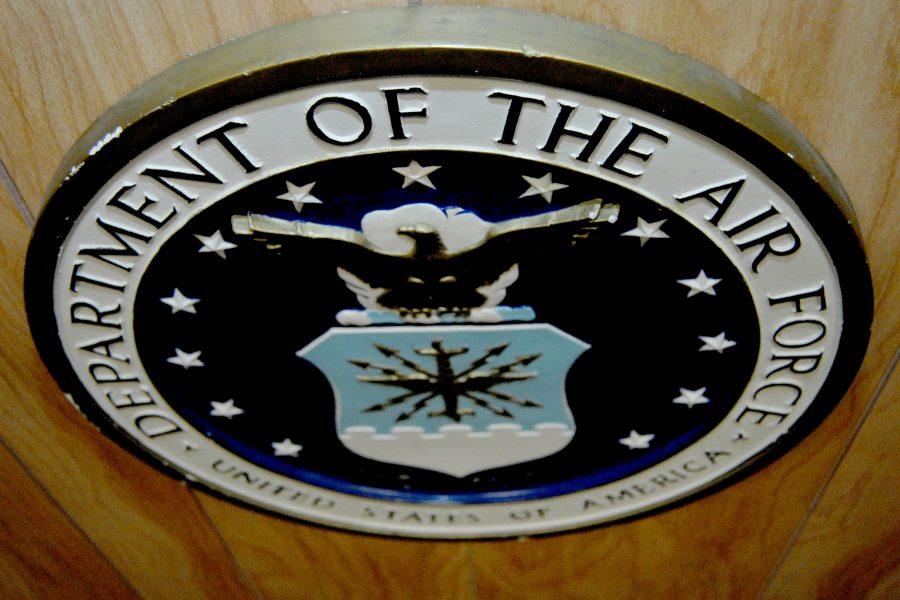The Department of the Air Force will conduct its own comprehensive assessment of white supremacy and other forms of extremism in its ranks, while senior leaders in the next few weeks begin to discuss the problem with Airmen and Guardians as part of a Pentagon-wide look at the issue.
In question are the effects on the force—and the United States at large—of personnel who sympathize with or actively participate in local militia groups, white supremacist organizations, and other extremist factions.
In a letter to Airmen and Guardians on Feb. 11, acting Air Force Secretary John P. Roth, Chief of Space Operations Gen. John W. “Jay” Raymond, Air Force Chief of Staff Gen. Charles Q. Brown Jr., Chief Master Sergeant of the Space Force Roger A. Towberman, and Chief Master Sergeant of the Air Force JoAnne S. Bass said that the vast majority of service members uphold the nation’s laws, policies, and standards.
“There is a small subset who fall short and are eroding the respect our nation’s citizens have for its military,” the leaders wrote. “We have a responsibility to defend the nation for all Americans.”
While service members have a First Amendment right to freedom of expression, Airmen and Guardians have an obligation “to stand against extremism, as we should with anything that threatens to undermine good order and discipline, trust, and our culture of respect,” they said.
Defense Secretary Lloyd J. Austin III on Feb. 3 ordered the military to pause their work in the next few months so units can hold conversations on extremism. Air Force and Space Force leaders will hold talks “about the threat extremism poses to the Department of the Air Force, our Nation, and our democracy” as part of that stand-down, the leaders said.
The Department of the Air Force plans to release more guidance in the next two weeks on how units should handle the stand-down. Spokespeople from multiple major commands said they are waiting on more information from headquarters to begin those discussions.
As part of the department-wide assessment, leadership also wants to hear from Airmen and Guardians about their thoughts on and experiences with extremism, according to the letter.
Multiple current and former military personnel took part in the deadly Jan. 6 insurrection at the U.S. Capitol, prompting the Pentagon to begin reviewing its policy, laws, and regulations that govern the active participation of military members in extremist groups. That report is expected to be completed at the end of March.
